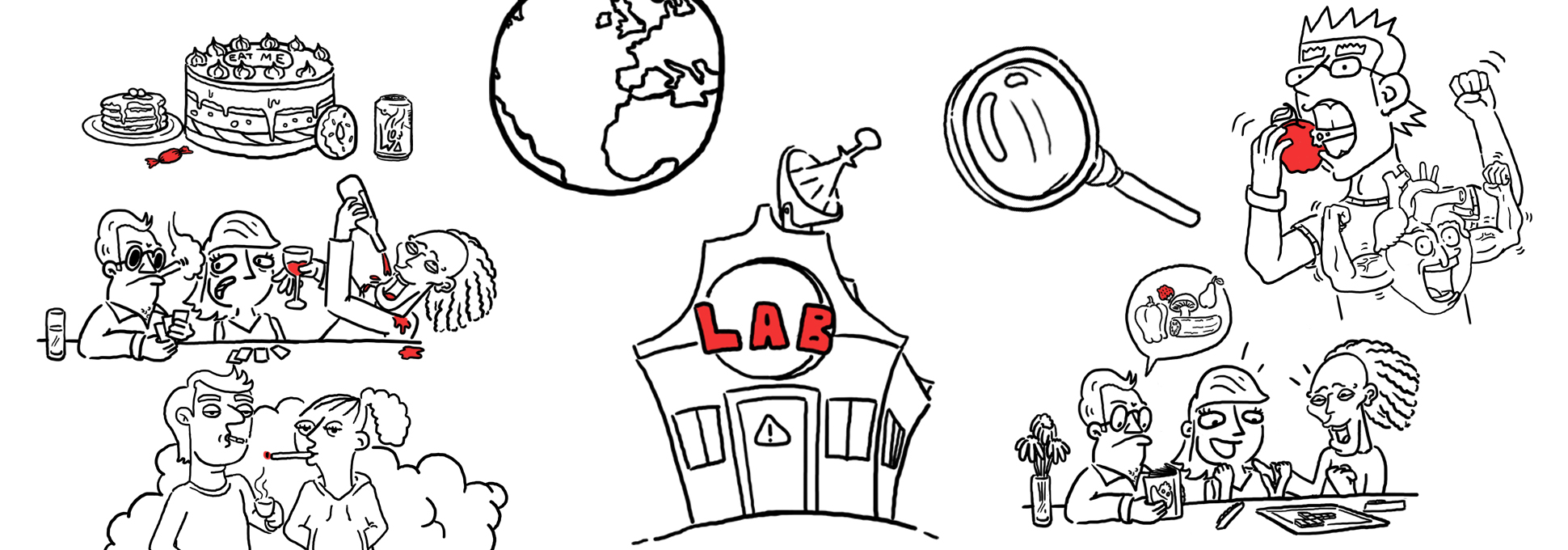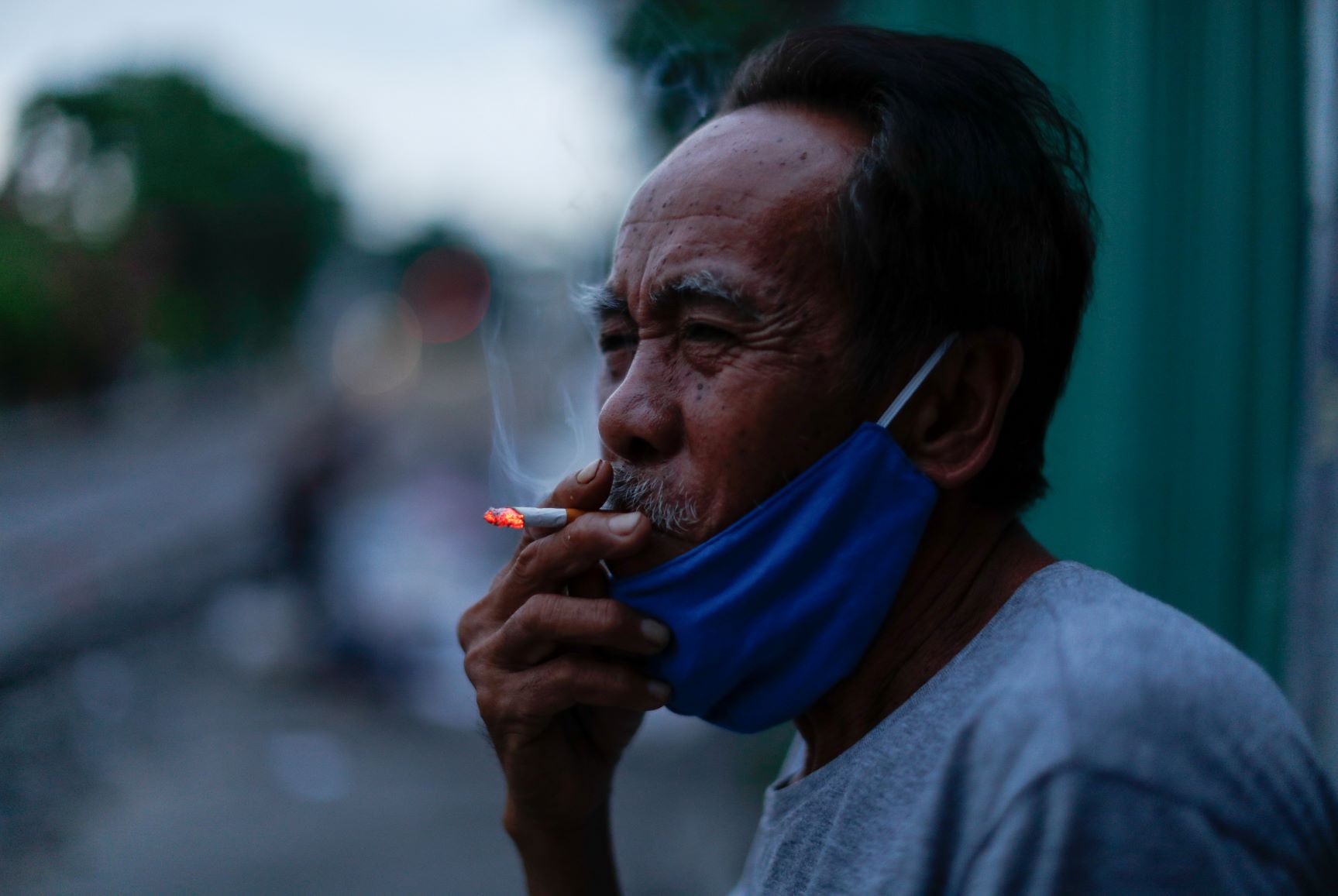



Posted: July 16, 2020
The Lancet-Chatham House Commission on Improving Population Health post COVID-19 will launch this autumn to map the shared roots of the biggest risks to population and planetary health, and to build a framework for action. It will be led by Professor Dame Theresa Marteau (University of Cambridge) and Professor Harry Rutter (University of Bath). We are recruiting for a Research Associate to work on the Commission: deadline 28th July 2020

COVID-19 has thrown a harsh light on the failures of global health: around 550,000 deaths worldwide were attributable to the virus by June 2020, with the disease burden falling mainly on the most disadvantaged groups worldwide.
But it is important to remember that more than 40 million people die each year from non-communicable diseases (NCDs) and that the risks associated with pandemics and with NCDs are dwarfed by climate and extinction crises. The unchecked rise of global temperatures will lead to untold health, environmental, and economic consequences, and the unfolding sixth mass extinction threatens to unravel many of the essential ecosystems on which we all depend.
All these challenges possess common underlying causes, which are intimately entwined. Their roots include unsustainable systems of agriculture, subsidies for harmful products, and overcrowded cities.
The transmission of a novel coronavirus from bats to humans might be the dominant model of the genesis of the COVID-19 pandemic, but without urbanisation and global hypermobility it would have spread much more slowly and might have been contained; without high prevalence of NCDs and air pollution it would have exerted a much lower toll.
Yet the COVID-19 crisis has also shown that nations can act rapidly and radically in response to major immediate threats, even at huge economic cost, giving grounds for cautious optimism.
The Lancet-Chatham House Commission will map the shared drivers of pandemic protection, population health, and environmental sustainability to develop a framework for actions to achieve equitable improvements in human and planetary health.
“We will identify gaps and disjunctions between existing evidence and policies, building the foundations to improve the wellbeing and chances of equitable survival of people and ecosystems. Crucially, the Commissioners will include young people from around the globe to keep the Commission focused on changing our collective trajectory for the generations to come,”
Said Professor Harry Rutter
“This Commission will examine the structures and systems that underpin the behaviours of policy makers, commercial actors, and others who have led us to where we are, and identify pragmatic and politically achievable steps to guide us towards a healthier and more sustainable future.”
Professor Dame Theresa Marteau, Department of Public Health and Primary Care, University of Cambridge